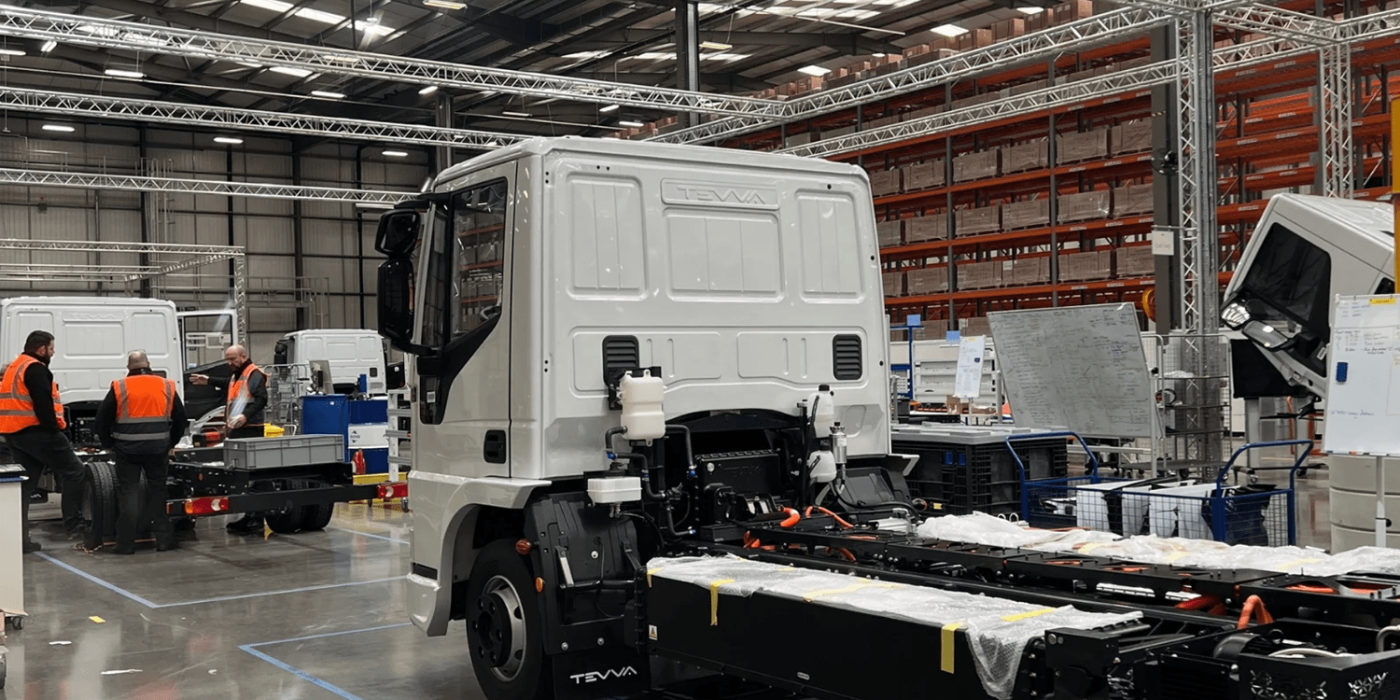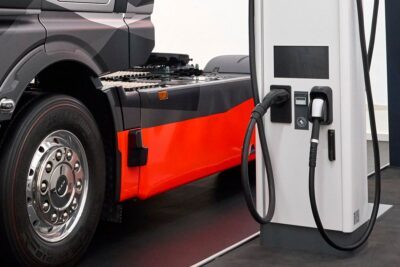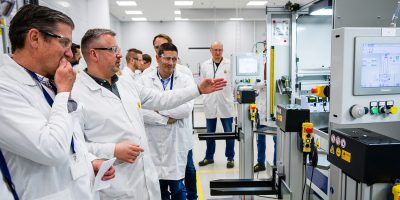NextETRUCK project to develop more efficent zero-emission trucks
NextETRUCK is the latest EU Horizon project looking to decarbonise transport. Nineteen partners from eight countries are looking to develop electric trucks with medium freight haulage by the end of 2025. Targets include increased efficiency as well as seamless management.
NextETRUCK has the declared goal to utilise EV drives being at least ten per cent more efficient than comparable drives in this class. For the fleet management just mentioned, there shall be special tools created precisely requirements in the regional medium freight haulage sector.
The developments will rely on digital twins and tools for optimised design and reduction of the total cost of ownership, flexible and ultra-fast charging concepts.
But it is not just conceptual work. NextETRUCK has designated three trial sites in Istanbul, Barcelona and Utrecht. The vehicles will operate at those hubs for at least six months, completing an average daily route of 200 kilometres to reflect the requirements of regional freight transport.
The consortium includes several vehicle manufacturers (Ford Otosan, Irizar and Tevva), universities and research institutes (including the Free University of Brussels, the Austrian Institute of Technology or Tecnalia from Spain) as well as suppliers (such as AVL) and associations. The Dutch institute TNO coordinates the NextETRUCK project.
ABB E-mobility is on board to develop charging management. Optimised processes and the best possible integration into vehicle operation shall reduce operating costs. ABB E-mobility says it has already developed unique software solutions to support companies converting larger fleets to electric vehicles. These address the most critical areas of modern fleet management, including charge planning and integrating electric vehicle fleets into transport operations, writes ABB.
“We are proud to be responsible in the consortium of this groundbreaking project for the areas of charging management and charging control, two crucial fields for the sustainable and cost-saving management of electric fleets,” said Frank Mühlon, CEO of ABB E-mobility.
The companies and institutions from EU countries are funded through the EU’s Horizon Europe research programme. The UK participants in this project (for example, Tevva or Cenex) are co-funded by the UK.
According to EU data, the transport industry is the most fossil-fuel dependent, representing 37% of CO2 emissions. Medium-duty trucks are responsible for around 25% of these emissions, with an increasing fleet of 1,1 million in Europe.
For more information on trucking emissions, check out this report on the ICCT report. The EU Commission also delivered new draft legislation on emissions of heavy goods vehicles in February, requiring new trucks to cut emissions by 90% by 2040 and all new city buses to have zero emissions from 2030.





0 Comments